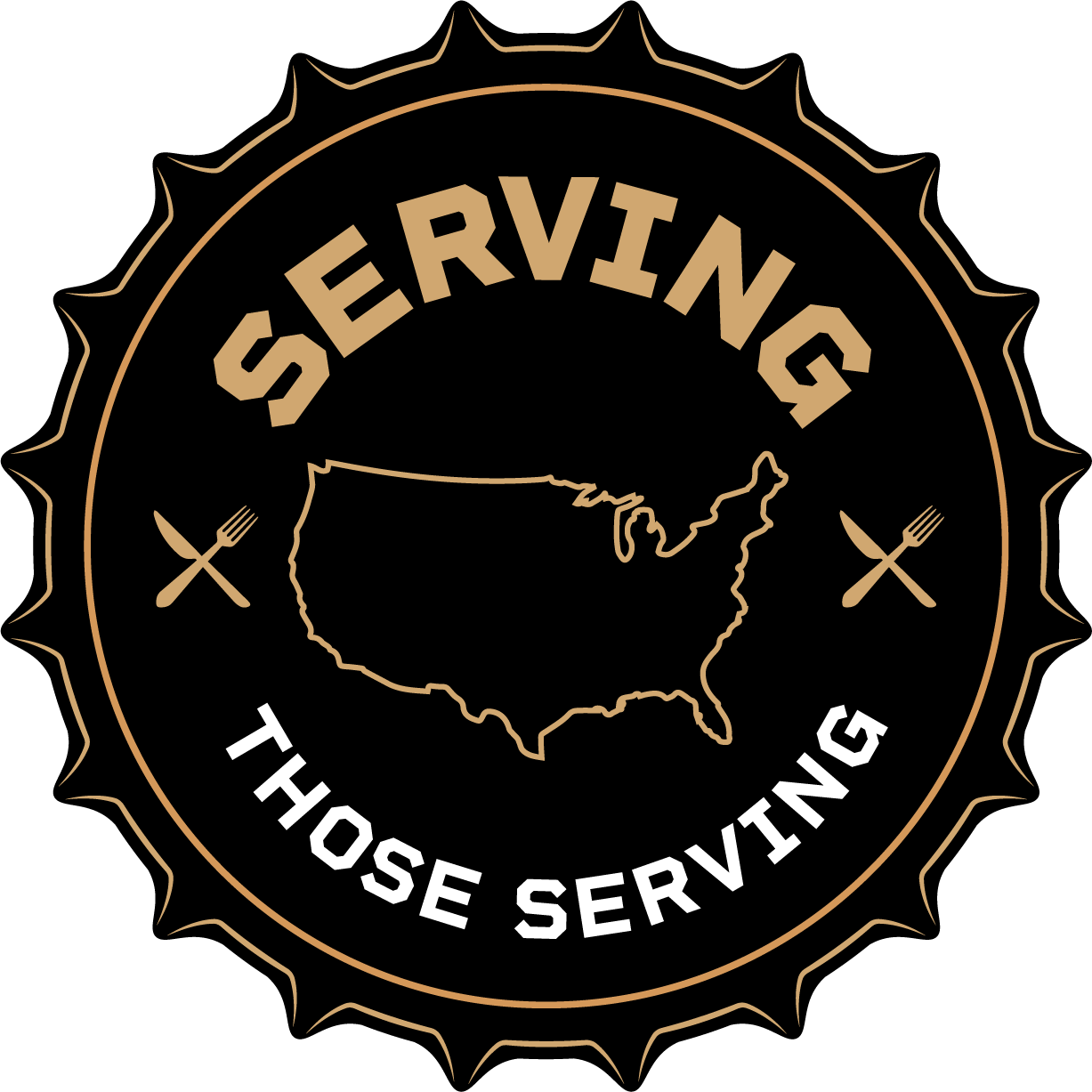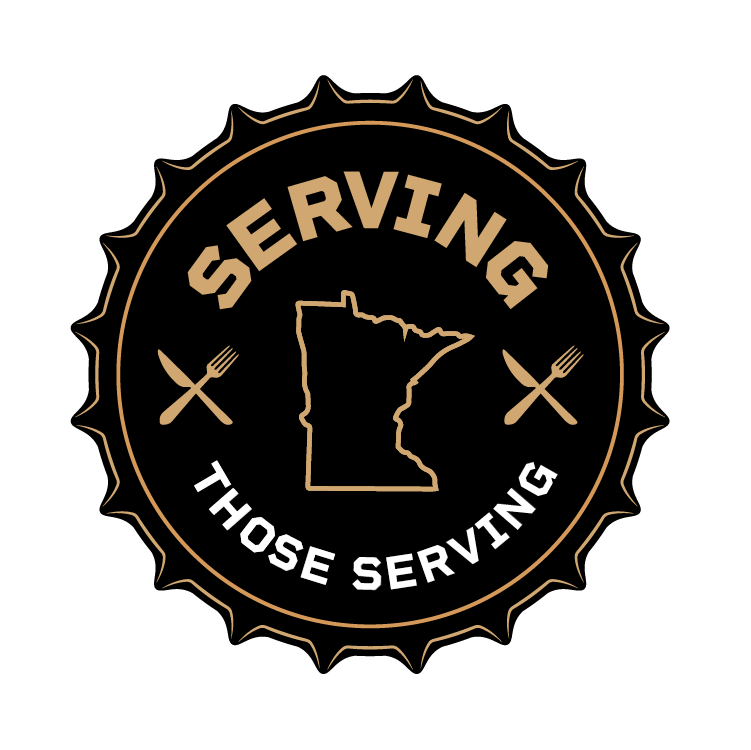Another F*CKING side of ranch?!
If you’ve ever worked in food service, you know it’s more than just taking orders and delivering plates. From the line cook in a packed kitchen to the server juggling five tables at once, food service professionals deal with a unique blend of physical exhaustion, emotional strain, and constant pressure—all while being expected to keep a smile on our face.
Always “On,” No Matter What
In food service, the pressure to maintain a cheerful, friendly demeanor is constant—regardless of how chaotic the shift is. Whether you’re being triple-sat during a lunch rush or handling a mistake in the kitchen that wasn’t your fault, customers still expect great service. This emotional labor—putting on a performance even when you’re overwhelmed—can quickly become exhausting.
The Toll of Difficult Customers
Food service workers are often on the front lines of customer frustration. A late order, a wrong dish, or even just a bad day on the customer’s part can lead to rude behavior, impatience, or outright hostility. When tips are involved, staying calm and kind isn’t just a personal standard—it’s often a financial necessity.
Fast Pace, Little Recovery Time
Back-to-back shifts, standing for hours, skipped meals, and rarely having time for a proper break—all are common in the food industry. Add in the pressure to “turn tables,” upsell, and manage multiple tasks at once, and the result is a job that leaves little room to breathe—let alone recover emotionally.
Undervalued and Overworked
Despite how demanding it is, food service is often seen as “unskilled” labor. This lack of recognition can intensify mental health struggles, especially when combined with unpredictable income, job insecurity, and limited access to health benefits or paid time off.
Supporting Mental Health in the Industry
The culture of “just tough it out” needs to shift. Here’s what can help:
Team support and communication: A strong, respectful team makes a huge difference in handling the pressure of a tough shift.
Breaks should be non-negotiable: Even 10 minutes to breathe can help reduce emotional overload.
Training in customer conflict management can give staff the tools to protect their well-being without compromising service.
Normalize mental health conversations: Restaurants and cafes should be spaces where staff feel safe discussing stress, burnout, and the need for support.
Let’s stop pretending food service work is easy.
It’s skilled, emotionally intense, and deserves the same care and attention we give to any other high-pressure profession. By talking openly about mental health in the industry, we start building better restaurants—not just for customers, but for the people who keep them running.

